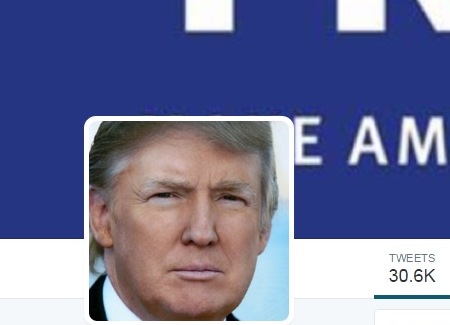Mueller Report: Tweets Are Within Scope of Obstruction of Justice

The smarter way to stay on top of the multichannel video marketplace. Sign up below.
You are now subscribed
Your newsletter sign-up was successful
The Mueller report includes a warning to this and future Presidents about the power of social media and public comments made online by powerful public officials.
The President has used Twitter throughout special counsel Robert Mueller's invsetigation into Russian election meddling to attack the investigation, investigators, and witnesses.
[embed]https://twitter.com/realDonaldTrump/status/1032247043992023040[/embed]
While the report passed on concluding whether the evidence of the President's attempts to influence the investigation it compiled rose to the level of criminal obstuction of justice, it also said the fact that those were public statements rather than behind the scenes did not immunize them.
That means they could be used as evidence if Congress presses its own obstruction of justice investigation.
"[T]he President's statements insinuating that members of Cohen 's family committed crimes after Cohen began cooperating with the government could be viewed as an effort to retaliate against Cohen and chill further testimony adverse to the President by Cohen or others," the report said by way of example.
It was not saying that was the case, only that it could have been.
The smarter way to stay on top of the multichannel video marketplace. Sign up below.
"It is possible that the President believes, as reflected in his tweets, that Cohen 'ma[d]e[] up stories' in order to get a deal for himself and 'get his wife and father-in-law...off Scott Free," the report continued. "It also is possible that the President's mention of Cohen 's wife and father-in-law were not intended to affect Cohen as a witness but rather were part of a public-relations strategy aimed at discrediting Cohen and deflecting attention away from the President on Cohen-related matters.
"But the President's suggestion that Cohen 's family members committed crimes happened more than once, including just before Cohen was sentenced (at the same time as the President stated that Cohen "should, in my opinion, serve a full and complete sentence") and again just before Cohen was scheduled to testify before Congress. The timing of the statements supports an inference that they were intended at least in part to discourage Cohen from further cooperation."
The report said that, "[w]hile it may be more difficult to establish that public-facing acts were motivated by a corrupt intent, the President's power to influence actions, persons, and events is enhanced by his unique ability to attract attention through use of mass communications."
So, if tweeted attacks have the effect of intimidating witnesses or altering testimony, the threat to justice is no less and "no principle of law" excludes such public communications from the scope of obstruction of justice, it concluded.
Contributing editor John Eggerton has been an editor and/or writer on media regulation, legislation and policy for over four decades, including covering the FCC, FTC, Congress, the major media trade associations, and the federal courts. In addition to Multichannel News and Broadcasting + Cable, his work has appeared in Radio World, TV Technology, TV Fax, This Week in Consumer Electronics, Variety and the Encyclopedia Britannica.

